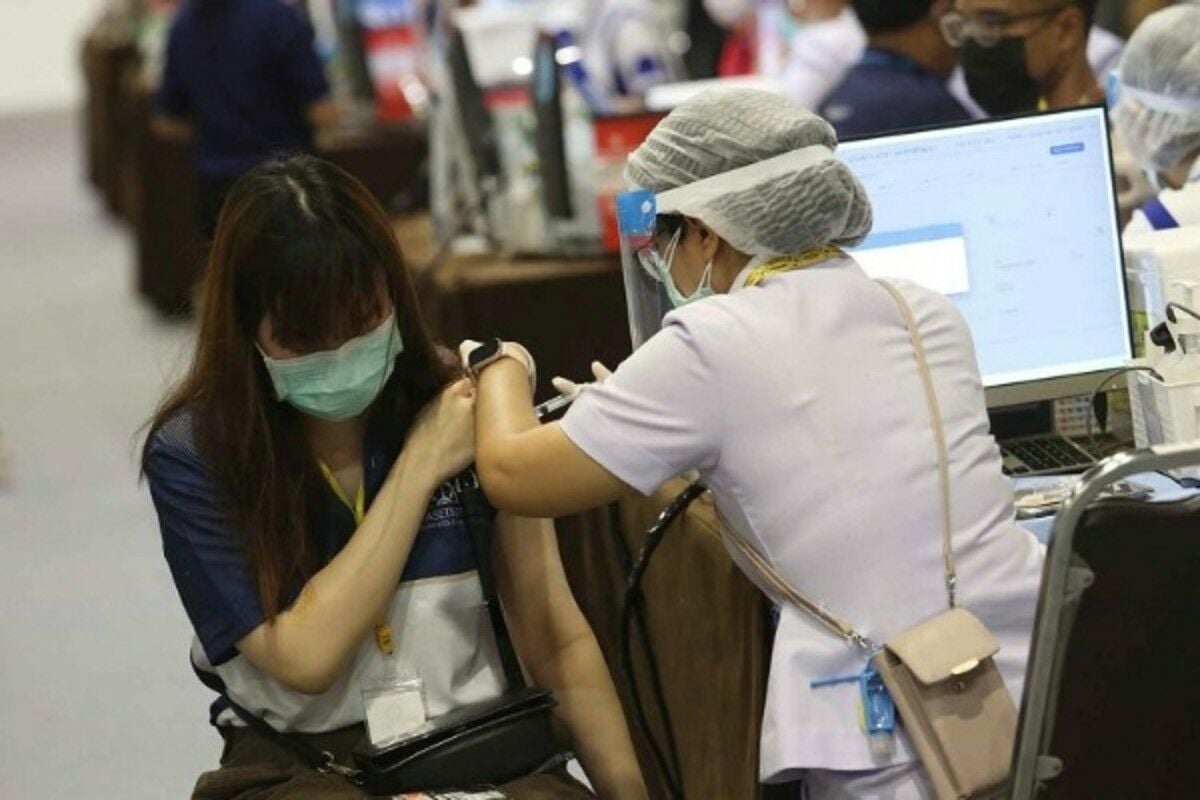Thailand to introduce more effective and affordable HPV vaccine

Thailand’s National Health Security Office (NHSO) plans to replace its two-dose human papillomavirus (HPV) vaccine with a more affordable and effective single-dose alternative in the next fiscal year, according to Public Health Minister Somsak Thepsutin.
The current two-dose vaccine has a 60% effectiveness rate against two strains of the virus, HPV16 and HPV18, whereas the proposed single-dose vaccine boasts a 90% effectiveness rate against nine strains.
Public Health Minister Somsak revealed yesterday, August 7, that the proposal to purchase the new HPV vaccine, which is known to cause cervical cancer, was discussed during an NHSO meeting on Monday, August 5. The government has been providing HPV vaccines to Thai women aged between 11 and 20 and is now considering switching to the single-dose vaccine.
“If the price of the vaccine remains low, the government will likely procure it in the next fiscal year.”
Somsak added that the government aims to purchase approximately 700,000 to 800,000 doses of the new HPV vaccine within the same budget allocated for the current two-dose vaccine.
Those who have already received one dose of the current vaccine will be transitioned to the new single-dose vaccine, reported Bangkok Post.
In related news, the government urged individuals insured under Sections 33 and 39 of the Social Security Act who are 50 years old and above to receive free influenza vaccinations until December 31. Karom Polpornklang, Deputy Spokesperson for the Prime Minister’s Office, reported that from January 1 to June 1, the number of influenza cases reached 139,326, with an incidence rate of 214.64 per 100,000 people.
The fatalities included five in Nakhon Ratchasima, two in Nakhon Si Thammarat, and one each in Chaiyaphum, Surat Thani, and Bangkok.
In other news, Mahidol University is nearing the start of the world’s first clinical trial for an mRNA vaccine targeting malaria. This pioneering effort follows successful laboratory trials on mice and is set to advance to testing on monkeys before reaching human subjects.
Latest Thailand News
Follow The Thaiger on Google News:


























